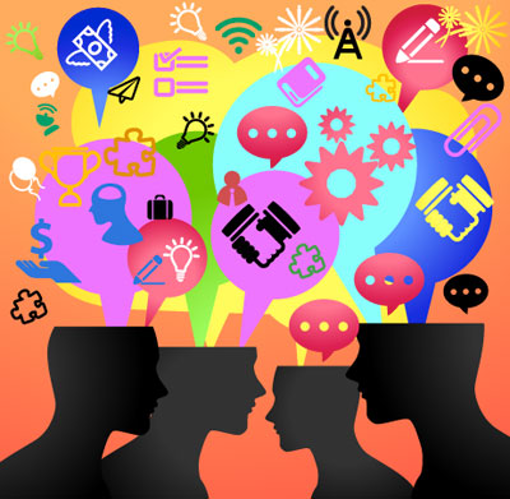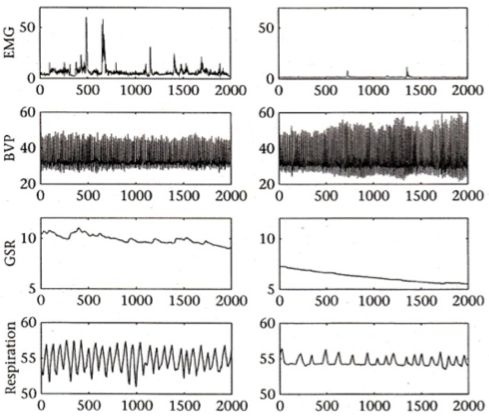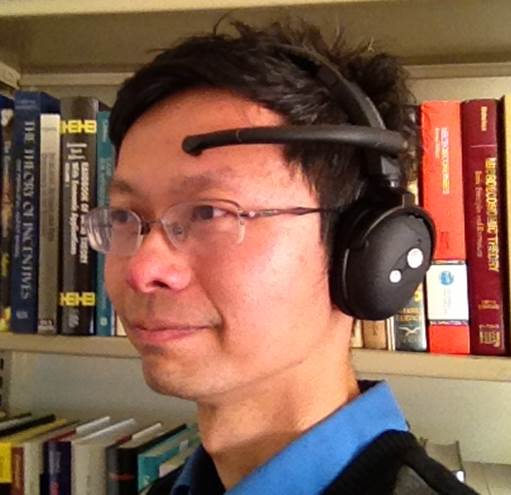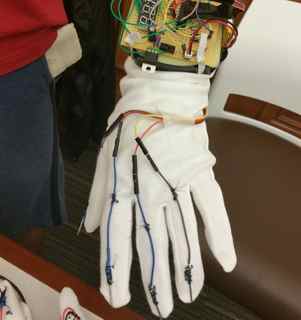| |
A new data tsunami is arriving at our doorstep – ubiquitous bio-sensory data. Just as the web browser brought us click-stream data, and the mobile phone brought us geo-location data, low-cost bio-sensors integrated with wearable devices is bringing us a new torrent of bio-data to collect, analyze, and act upon.
The Bio-Sensory Computing Lab at UC Berkeley brings together a multi-disciplinary research team to investigate the applications, technologies, and stewardship challenges of bio-sensing at scale.
|
| |

|

|

|
| |
Applications:
- physiological computing
- bio-sensory sociometry
- ambient intelligence
- wearable authentication
|
Technologies:
- bio-signal acquisition
- bio-data analytics
- bio-data in the cloud
|
Stewardship:
- data ownership
- user consent
- security and privacy
|
| |
Research Spotlight: Passthoughts
|
| |

|
|
How would we authenticate to our wearable devices, without keyboards and touchscreens? How can wearable computing improve the usability and security of our authentication experience? We investigate the use of bio-sensors for wearable authentication. Our first major result demonstrates the feasibility of brainwave-based authentication using consumer-grade EEG sensors. This passthoughts approach provides a number of security and usability benefits over traditional passwords or biometrics, including one-step two-factor authentication, high recall rates, the ability to change authenticators, and robustness against shoulder-surfing and smudge attacks.
Learn More...
|
|
| |
Teaching Spotlight: Course on “Sensors, Humans, Data, Apps”
|
| |

|
|
The course brings together graduate students from Bio-Engineering, Electrical Engineering and Computer Science, School of Information, Mechanical Engineering, and Neuroscience to work on projects using state-of-the-art wearable and bio-sensory technologies. Projects include augmented reality in a machine shop, teaching math with virtual reality, a smart pill bottle, an EEG-based social attention meter, eye-tracking in audio-assisted reading, improving the security of smart locks, smart gloves for DIYers, and others. The class is also sharing a dataset containing brainwave signals of the class participants synchronously collected during class.
Learn More...
|
|
| |
Contact:
Professor John Chuang
UC Berkeley School of Information
|
|




